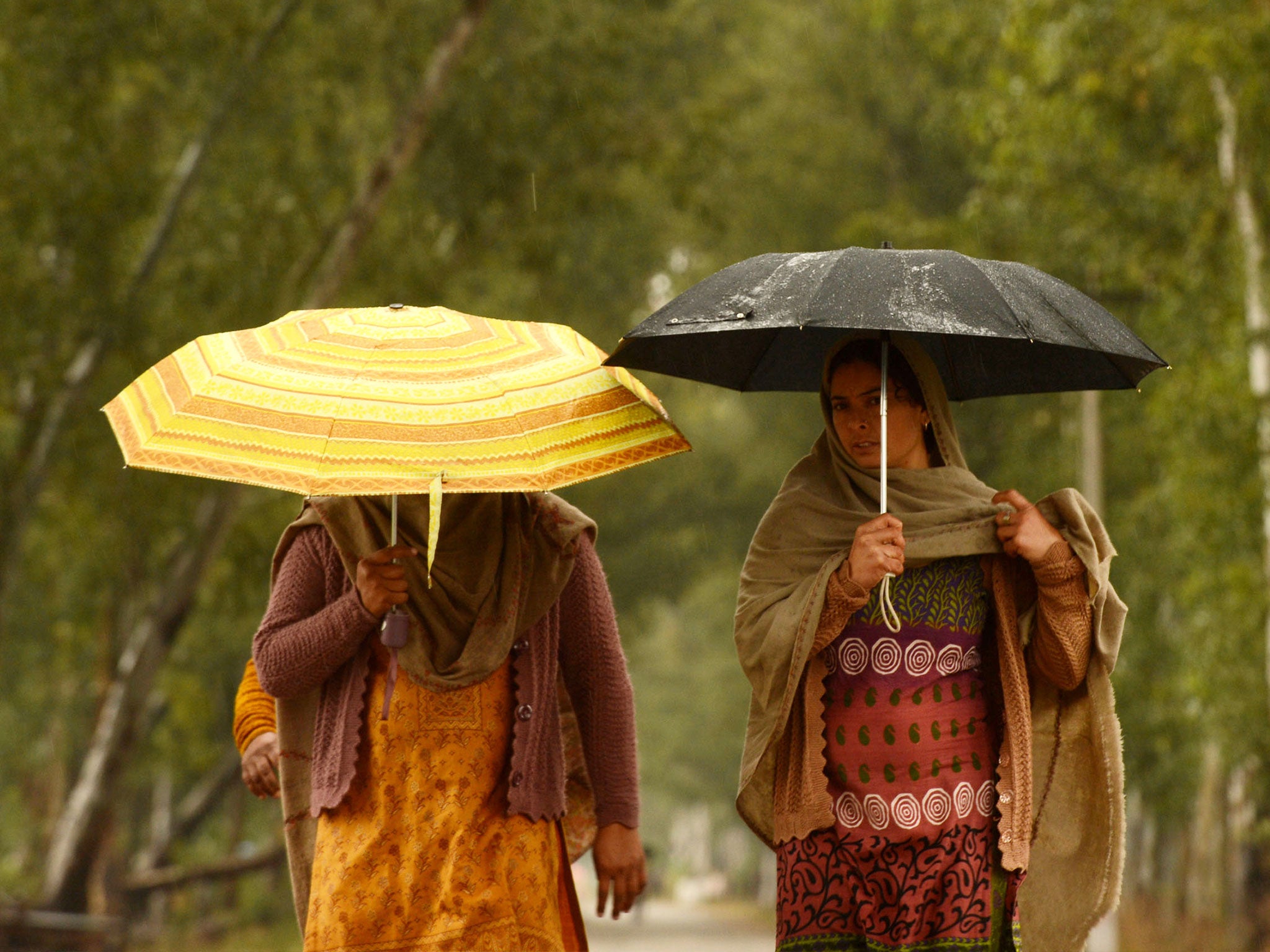Indian women challenge ban on calling their husbands by their name
Wives are often expected to address their spouse as father of their child, by their profession, or simply ‘please listen’

Women in rural India are challenging a custom that bans them from calling their husbands by their name.
Girls are taught from a young age to never address their husbands – or older male relative – by their name, as a mark of respect.
Human rights groups say women, particularly those living in villages, are often expected to address their spouse as the father of their child, by their profession, or simply, “please listen”.
But charity Video Volunteers has launched a campaign to tackle patriarchy in rural India.
Stalin K, director of the not-for-profit organisation, which is based in Goa, said: “At first glance, it seems like a small, harmless custom.
“But even these seemingly inane practices matter, as they are as much a power play as sexual assault or violence against women.”
The charity trains men and women in rural areas across India to report on everyday issues that concern them.
The volunteers record short video clips on their tablets, which are then screened and discussed in the community.
About 70 volunteers in more than a dozen states were trained to report on patriarchy, sexism and violence against women.
More than 327,390 crimes against women were registered in India in 2015, an increase of more than half since 2010.
Many crimes go unreported, particularly in villages, because women fear bringing shame to the family.
The Video Volunteers reports included women talking about their limited freedom of movement compared with men, biases against widows, the practice of covering their heads in the presence of men, and the prejudice faced by women doing jobs considered to be a man’s – like driving tuk-tuks.
In discussions held afterwards, women practised saying their husband’s name aloud for the first time, said Stalin, who goes by his first name.
The women were then encouraged to talk to their husbands about the practice.
In many cases, the men did not allow their wives to address them by name, and one woman was ostracised by her village for referring to an older male relative by name.
But some women were told they could call their husbands by name – in private.
“That is still a step forward,” Stalin said.
“Our experience with this campaign is that these women are not passively accepting of patriarchy. They are very aware and just waiting for an opportunity to push back – in a thoughtful and considered manner, which perhaps has a greater impact.”
Thomson Reuters Foundation
Join our commenting forum
Join thought-provoking conversations, follow other Independent readers and see their replies
Comments
Bookmark popover
Removed from bookmarks